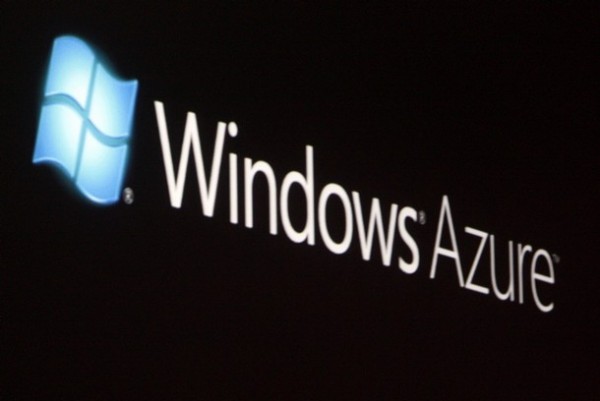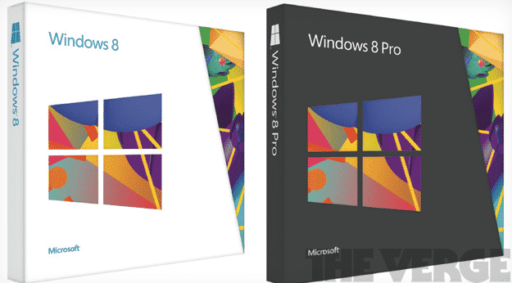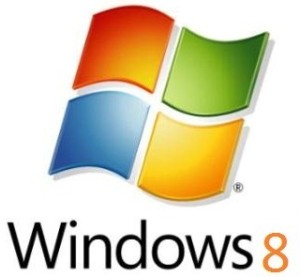For a long time, many have rejoiced in pitting Microsoft against Linux or the open-source community at large. However, like they say, things are never in the white and black so vividly. And that is so in this case too. Microsoft has attempted to work with Linux in the past too and now, the company has taken a huge step in terms of Microsoft-Linux collaboration.
With its Azure Platform-as-a-Service, Microsoft has literally collaborated Linux developers, which is a very welcome step. Canonical is supporting Ubuntu whereas SUSE Linux is supported by SUSE.
According to the general manager of Open Solutions Group at Microsoft, “We at Microsoft want to work with the ecosystem of vendors and communities to deliver cloud solutions to customers based on their specific needs and scenarios.”
Canonical, on the other hand, is also quite warm towards this move. According to its CEO, “We’ve always kept open communication lines with Microsoft and it was clear from the outset that this partnership would be a great opportunity for both.”
SUSE and Microsoft have been in a relationship for quite some time. So it doesn’t come as surprise that Microsoft has decided to support SUSE on Azure. Similarly, Canonical has been pushing forth Ubuntu, trying to make it a significant player as Cloud OS.
Not only this, one of the big players of the open source arena, Red Hat, also seems to look forward to have Red Hat supported on Azure. The official statement released by Red Hat read, “Red Hat is working with a variety of leading service and cloud providers to enable access to open hybrid clouds and provide a breadth of Red Hat offerings to our customers both on- and off-premise. From virtualization to PaaS, Red Hat’s comprehensive portfolio offers our enterprise customers the consistency and quality they need for cloud consumption architectures. Red Hat and Microsoft have worked together in the past to provide interoperability on the hypervisor and guest operating systems and we will provide additional services and offerings as customer demands dictate.”
Source: Windows Azure
Courtesy: Tech Crunch
[ttjad keyword=”microsoft”]




